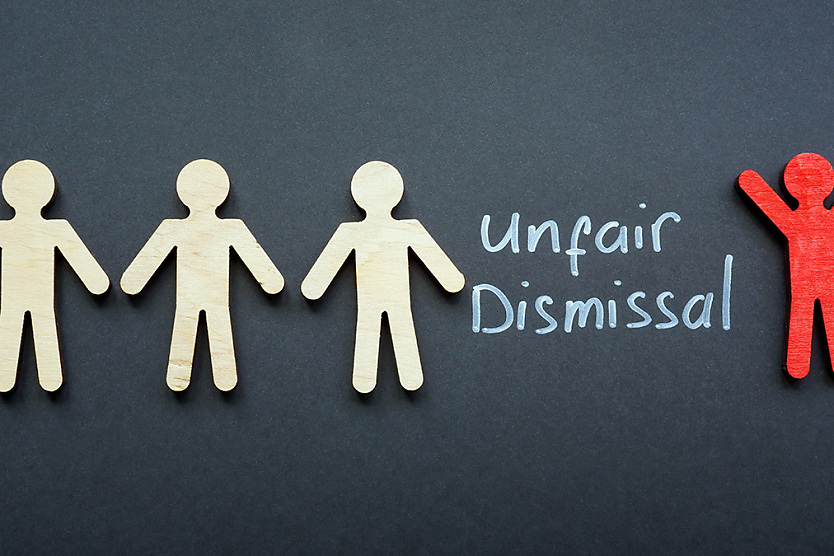Employment disputes getting harder to settle
SHARE THIS ARTICLE

Lawyers are noticing that employment disputes are continuing to increase in their duration as employees across the Australian workplace expand their understanding of the process.
HR Leader published a recent podcast with Timothy Zahara, partner at national law firm Hamilton Locke, about ongoing employment disputes and how they are dragging out much longer than they previously did.
“What we’re seeing at the moment is probably not a greater number of executive disputes, but we’re finding that they’re harder to settle. We’re noticing that they’re being a lot more hard-fought,” Zahara said.
“Whereas before, you might get a settlement early on, even without the need for proceedings to be filed or anybody going to the Fair Work Commission, that’s probably becoming a little bit less common in the last year or so.”
It’s a sentiment that has been echoed among both law and workplace circles, with the evidence being the increase in unfair dismissal cases being brought to the Fair Work Commission (FWC). The same rational approach that may have been taken in previous years is no longer occurring, with more and more employees actively taking adverse action cases against their employees.
In terms of the reasoning, Zahara said, “it’s difficult to pinpoint one exactly, alluding to a culmination of possibilities, [because] we’re seeing it across different industries, and different jurisdictions. So, it’s hard to know.”
“[It could be related] to the perception that employees have about their economic prospects and the chance of finding a new job, or [it could be] a change in the way that people feel they should be fighting harder for what they perceive as their entitlement,” Zahara said.
As employees continue to become more aware of the rights they have as workers, especially around their mental and physical wellbeing, organisations are, in a way, walking on eggshells if they’re not conducting the correct procedures that can ensure their workplace is psychosocially safe.
“Employees are aware of the discourse around psychosocial risks, and the awareness around that has meant that a lot of our disputes that we work on do involve claims that employees feel like their mental health was not properly protected at work, or that they suffered from a mental health [incident] as a result of their workplace,” Zahara said.
“[We’re] even seeing a lot more at the senior executive level, the claims involving what I would call burnout. You have employees who were allegedly working really long hours, and whereas maybe there are other people in the organisation who just take that as par for the course, such [as] senior executives. But then there are some employees who are building that [up] once they get into a dispute with their employer, into a broader narrative about the claim that they want to bring.”
The correct course of action for organisations in this case is to ensure that their working environment limits psychosocial risks to the best of their ability. If they can create a safe working environment for their employees, with the correct documentation, then such unfair dismissal cases can be made obsolete.
However, organisations should not merely undergo the routine of ensuring that their workplace is a psychosocially safe environment for purely legal reasons. Instead, building that understanding of the intertwinement between employee engagement, wellbeing, and productivity should be the way forward.
By following that approach, legally, organisations should have safeguards in place, but they should also see a rise in employee wellbeing, engagement, productivity, and, therefore, business outcomes.
The transcript of this podcast episode was slightly edited for publishing purposes. To listen to the full conversation with Timothy Zahara, click below:
Click here to listen on your device
RELATED TERMS
An employee is a person who has signed a contract with a company to provide services in exchange for pay or benefits. Employees vary from other employees like contractors in that their employer has the legal authority to set their working conditions, hours, and working practises.
When a company terminates an employee's job for improper or illegitimate reasons, it is known as an unfair dismissal.
Kace O'Neill
Kace O'Neill is a Graduate Journalist for HR Leader. Kace studied Media Communications and Maori studies at the University of Otago, he has a passion for sports and storytelling.

